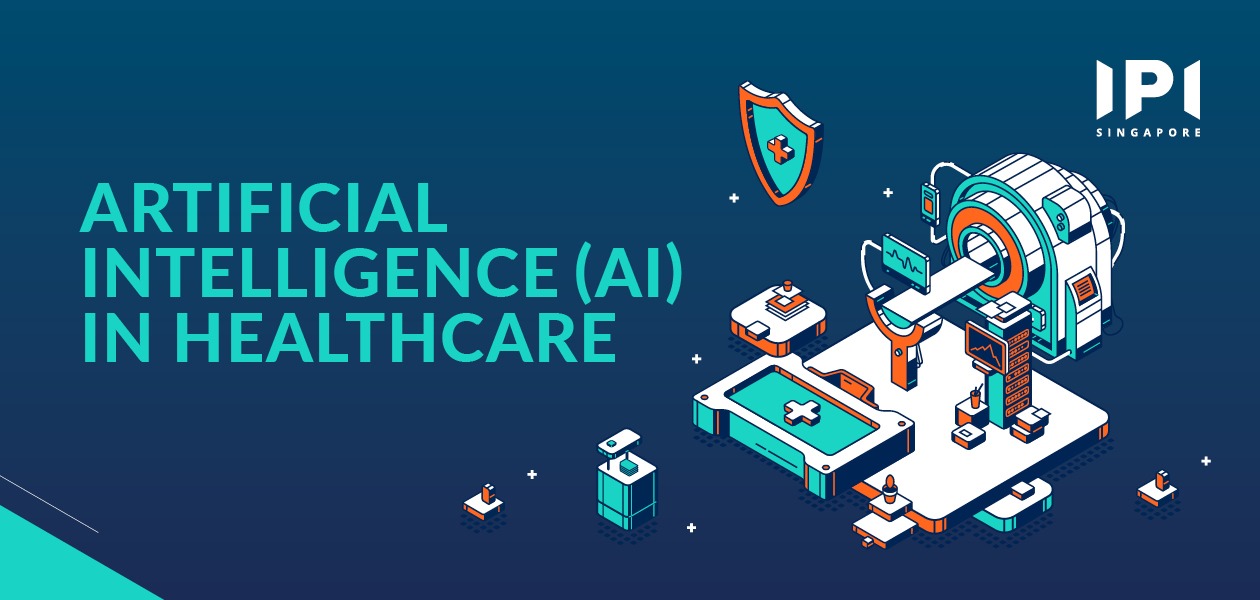The transformative power of AI in healthcare
With the ability to monitor early symptoms, aid research and automate care, artificial intelligence is poised to transform the global healthcare sector.
As governments and hospitals around the world tackle the pandemic with new technologies and intensive research, increased access to healthcare and heavier investment in research and innovation are key to advancing the healthcare industry.
However, with a growing population and greater longevity, healthcare systems are struggling to keep pace. Aging communities, rising costs and a healthcare workforce that can barely meet the needs of the increasing number of patients are some of the main concerns putting a strain on today’s healthcare systems.
Poised to drive a positive change in the industry, artificial intelligence (AI) has the potential to benefit sectors that traditionally require a high human touch. By introducing automated processes, AI can transform how care is delivered and help solve some of the healthcare sector’s existing challenges.
Powered by the increasing availability and accessibility of healthcare data and advancements in computing hardware and trained models, the application of AI is rapidly expanding. From faster diagnosis to improved efficiency of care delivery and enhanced patient experience, AI is on track to revolutionise our healthcare systems.
In our technology brief titled Artificial Intelligence in Healthcare, we share how AI is already being used in the healthcare industry and what key trends to expect for the future.
Medical wearables, monitoring devices
To detect disease early, AI-integrated technology such as medical wearables and monitoring devices keep a close watch on patients and monitor any early symptoms. Through a wide range of non-invasive technology solutions, such devices can track various physiological indicators like blood sugar levels, heart rate variability and respiration rate. With easy access to these indicators, users can be more proactive in identifying potential health issues and taking preventative measures.
Alternatively, by harnessing the power of AI to analyse large data sets, technology can also be used to acquire deep patient insights for preventive healthcare. From sensors to imaging platforms, AI-enabled technology can help medical professionals collect and make sense of a patient’s health data to formulate a more effective treatment plan. For instance, deep learning and computational modelling are coupled with vascular scans to identify a potential stroke, in which prevention or early treatment can be recommended where appropriate.
Intelligent data analytics
The advent of specialised hardware and software is also a boon in the search for new and better treatments. With the data-crunching capabilities of high-tech processors and intelligent data analytics, researchers can swiftly identify the best drug combinations to treat various diseases and make life-saving treatments available to patients faster. Additionally, personalised doses can be worked out to achieve precision medicine’s goal of delivering the right drug, at the right dose and at the right time. This can benefit the treatment and management of illnesses such as clinical depression, where machine learning is now being used to objectively measure a patient’s response to an antidepressant, allowing doctors to determine drug suitability more accurately.
After undergoing treatment, patients can continue to leverage AI-powered technologies to ensure a successful recovery. In the case of surgeries, doctors can use implantable devices to monitor changes at deep surgical sites. This allows them to be on the lookout for post-surgical complications, even before symptoms have the chance to manifest.
AI benefits for patients and professionals
In addition to disease prevention and treatment, AI can aid patients to navigate daily activities that may otherwise prove difficult. Such technologies have the potential to help patients with vision, hearing, mobility and cognitive disabilities, whether temporary or permanent, to have a better quality of life. For example, machine learning can be used to learn and process the body movements of sign language, which is then translated into voice or text automatically. By breaking down the language barrier, AI-enabled technology can help patients with hearing impairments communicate to a wider audience more effectively.
As AI becomes more prevalent, better developed and widely deployed across global healthcare systems, the benefits of these technologies are evident for both patients and providers. With researchers continuing to unlock the power of AI in healthcare, it will not be long before super-precise surgical robots and smart exoskeletons for rehabilitation become more than just science-fiction.
For a more comprehensive overview of the many AI-powered technologies bolstering the healthcare sector, download our technology brief here.

